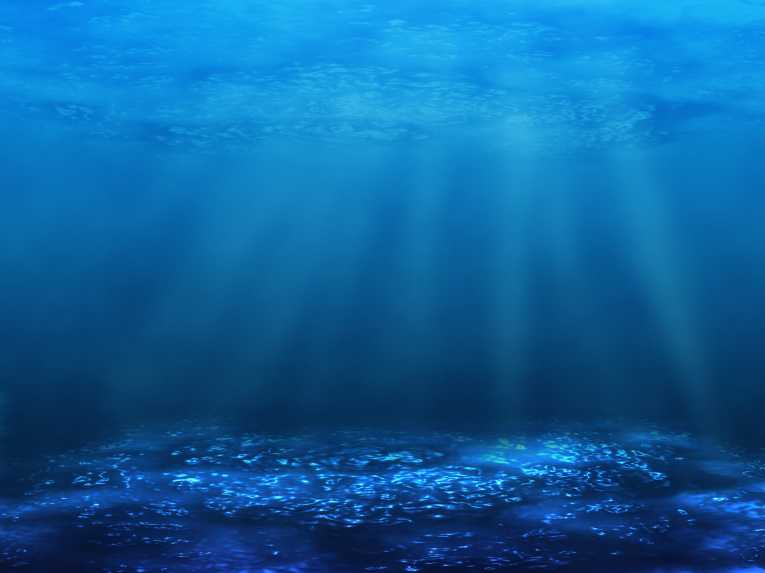Biodiversity improves water quality and helps ecosystems to withstand pressures from pollution, according to a new study published yesterday in the journal Nature.
The new study is the first to rigorously show how biodiversity improves water quality and, according to Brad Cardinale, an ecologist at the University of Michigan, how it can control a service vital to humanity, such as purifying water of pollutants.
Cardinale examined how the number of algae species in a habitat affects water quality by using artificial streams in a lab, measuring the speed at which the pollutant nitrate is removed from the water. The study looked at the eight most abundant species of freshwater algae in North American streams, each with different adaptations to water flow and other conditions.
By intentionally mimicking how streams naturally vary along their lengths, by modelling features such as riffles, pools and floods, Cardinale found that each species established its own niche in the model streams, and as these niches filled up, the stream became a better biofilter for pollutants. Conversely, by removing niche opportunities, Cardinale was able to demonstrate that biodiversity decreased, typically leaving just a single species which no longer had an impact on nitrogen uptake.
His results indicated that in habitats containing a mixture of eight species, the organisms removed nitrate up to 4.5 times faster than they did in streams with just one species.
Essentially, Cardinale was able to model the effect that loss of biodiversity and species extinction may have on key ecosystems and services, such as fresh water. Speaking about the results in a press release for the National Science Foundation, he says, ''It's just one study, but its part of a growing body of scientific evidence that is now clearly showing that the modern mass extinction of species is going to affect humanity in some big and important ways.''
In the study, Cardinale demonstrates exactly why streams that have more species are better at removing these nutrient pollutants from the water, confirming that niche differences among species provides the mechanism for biodiversity's cleansing ability.
Cardinale believes his research has interesting implications for conservation. ''One of the obvious implications of the study is that if we want to enhance water quality in large bodies of water, like the Chesapeake Bay watershed or around the Great Lakes, then the conservation of natural biodiversity in our streams would offer, among other benefits, help in cleaning them up.''










